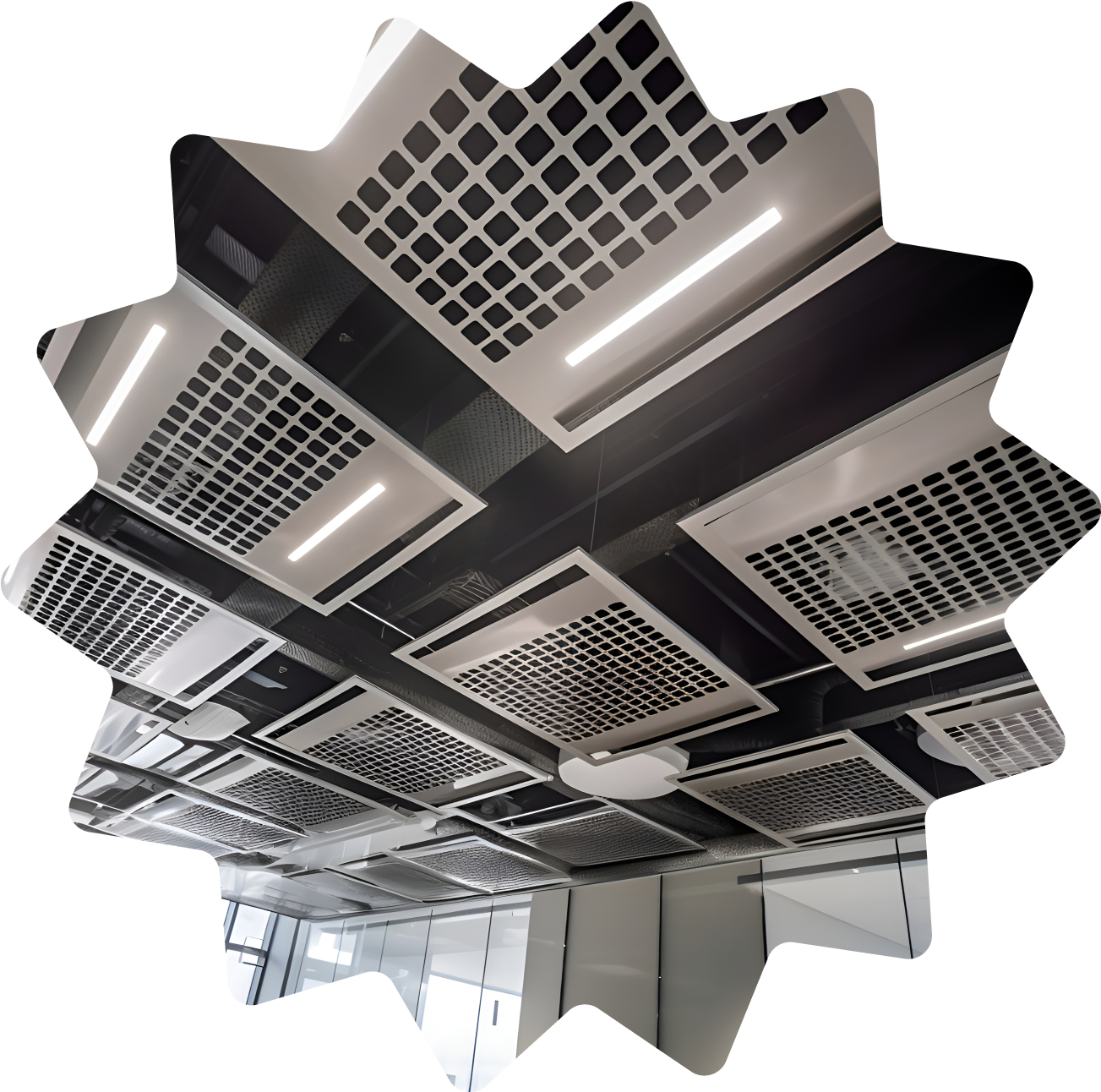
Boiler Installation in East Petersburg, PA
A properly sized, permitted, and professionally installed boiler is the backbone of reliable winter comfort in East Petersburg, PA. With cold Lancaster County winters, older home stock, and a mix of cast-iron and modern hydronic systems in the area, a boiler installation demands careful planning—from initial load calculations to post-installation maintenance.
Why a thoughtful boiler installation matters in East Petersburg
East Petersburg homeowners face long heating seasons and historic homes with mixed heating piping, radiators, and occasional radiant floor systems. An undersized or poorly installed boiler leads to uneven heat, higher fuel bills, frequent service calls, and reduced equipment life. Conversely, a correctly installed high-efficiency boiler delivers consistent warmth, lower operating costs, and quieter, more reliable operation through the cold months.
Common boiler types and installation scenarios in East Petersburg
- High-efficiency condensing boilers — Best for homes looking to maximize fuel savings and reduce emissions. Require proper condensate handling and neutralization.
- Combi boilers — Provide space heating and on-demand domestic hot water in one compact unit; ideal for smaller homes or where replacing a boiler and water heater is practical.
- Non-condensing boilers — Often used as replacements in older systems where flue and combustion-air arrangements remain unchanged.
- Hydronic boiler replacements — Swapping old cast-iron units for modern modular units to improve modulation, efficiency, and zone control.
- New system installs for additions — Installing a separate boiler or extending an existing system for home additions or finished basements.
Initial consultation and accurate load calculations
A professional installation starts with an on-site consultation that includes:
- A room-by-room heat loss calculation (manual J or equivalent) to determine required output.
- Inspection of existing radiators, baseboard, piping diameters, and zone controls to identify compatibility issues.
- Fuel assessment (natural gas, propane, oil, or electric) and flue/venting condition review.
- Discussion of comfort goals: energy efficiency, hot water integration, zoning, and budget/financing constraints.
Accurate load calculations prevent oversizing—common on boiler replacements—and ensure longer equipment life, improved comfort, and proper cycling behavior.
Equipment selection and matching to your home
Selecting the right boiler involves balancing efficiency, modulation range, size, and compatibility with your heating distribution:
- Choose a boiler with a modulation ratio that suits low-load conditions typical during shoulder seasons.
- Opt for condensing units where plumbing and venting permit; they deliver the highest efficiencies in cold climates.
- For homes with multiple heat distribution types (radiators + radiant floors), choose controls and mixing valves that protect lower-temperature circuits.
- Consider integrated controls, smart thermostats, and zoning to optimize performance and energy use.
Permitting, code compliance, and local requirements
Boiler installations in East Petersburg must meet Pennsylvania and Lancaster County plumbing, mechanical, and fuel gas codes. Key compliance steps include:
- Obtaining required permits and scheduling official inspections.
- Ensuring proper combustion air, venting, and flue terminations meet code.
- Installing safety devices such as pressure relief valves, backflow preventers, and expansion tanks as required.
- Following manufacturer installation instructions to preserve warranty coverage.
Professional installers will manage permit submissions and coordinate inspections to ensure a code-compliant, safe installation.
Professional installation process — what to expect
A typical professional boiler installation consists of the following stages:
- Site preparation and system shutdown — Safe removal or decommissioning of the existing unit, protecting flooring and finishes.
- Piping and mechanical connections — Precise plumbing of supply and return lines, installation of isolation valves, proper slope/air elimination, and inclusion of deaerators or air separators where needed.
- Venting and combustion air — Installation or upgrade of venting (PVC, stainless, or Class A chimney liner) and providing required combustion air openings.
- Gas or fuel connections and electrical work — Correct sizing and connection of gas lines, proper electrical supply and grounding for controls and pumps.
- Controls, zone valves, and mixing equipment — Programmable controls, outdoor reset, thermostatic mixing valves for domestic hot water (if applicable), and individual zone control integration.
- System fill, pressurization, and leak testing — Filling with treated water, pressure testing, and balancing of zones.
- Condensate management — Installing condensate traps and neutralizers when required for condensing boilers.
Installers verify piping best practices—thermal expansion management, proper pump placement, and air removal—so the system runs quietly and efficiently.
Commissioning and performance testing
Proper commissioning ensures the new boiler operates safely and efficiently:
- Combustion analysis and CO testing to confirm safe, efficient burner operation.
- System walk-through and temperature balancing to verify even heat distribution across zones.
- Operational checks of safety controls, low-water cutoffs, pressure relief valves, and expansion tanks.
- Efficiency and draft checks to confirm the boiler runs to manufacturer specifications.
- Documentation of system settings, recommended operating ranges, and maintenance intervals for homeowner records.
Commissioning is the last quality-control step that prevents early failures and unplanned service.
Post-installation maintenance recommendations
Routine maintenance extends boiler life and preserves efficiency—especially important in East Petersburg’s long heating season:
- Annual professional tune-up and safety inspection before winter.
- Regular system flushing or chemical treatment where water quality or corrosion is a concern.
- Periodic checks of pressure, expansion tank charge, and air elimination devices.
- Inspection of condensate drain and neutralizer for condensing boilers.
- Monitor and replace controls or thermostat batteries as recommended.
A planned maintenance schedule reduces breakdown risk and keeps warranties intact.
Warranty and financing considerations
Most modern boilers carry manufacturer warranties on heat exchangers and parts; proper installation and documented maintenance are typically required to maintain coverage. Homeowners should request written warranty details and understand what is covered and for how long.
Financing and payment options are commonly available to spread investment costs over time for homeowners replacing aging equipment or upgrading to high-efficiency systems. When evaluating financing, consider projected energy savings and expected payback from higher efficiency units.


Enjoy flexible financing options that make upgrading or repairing your HVAC system easy and budget-friendly.










